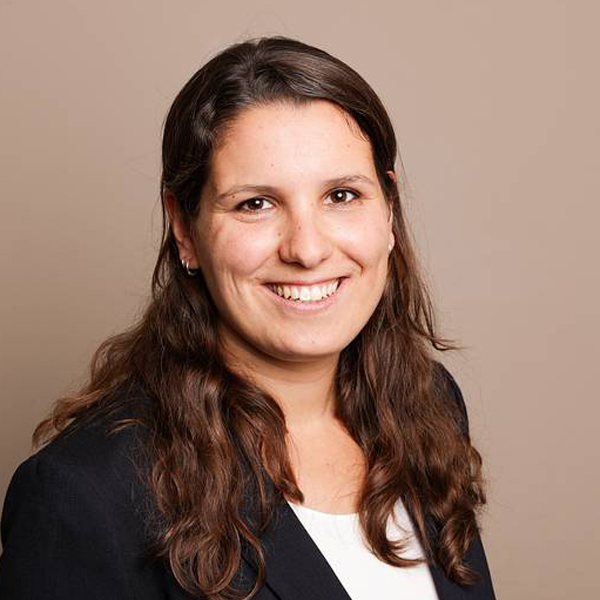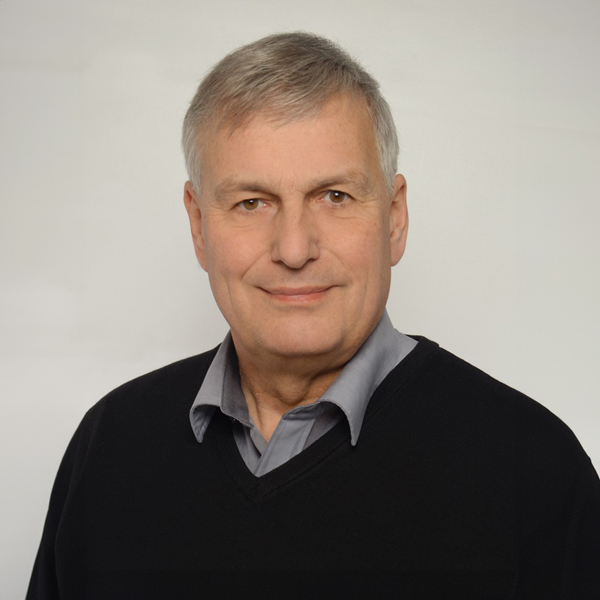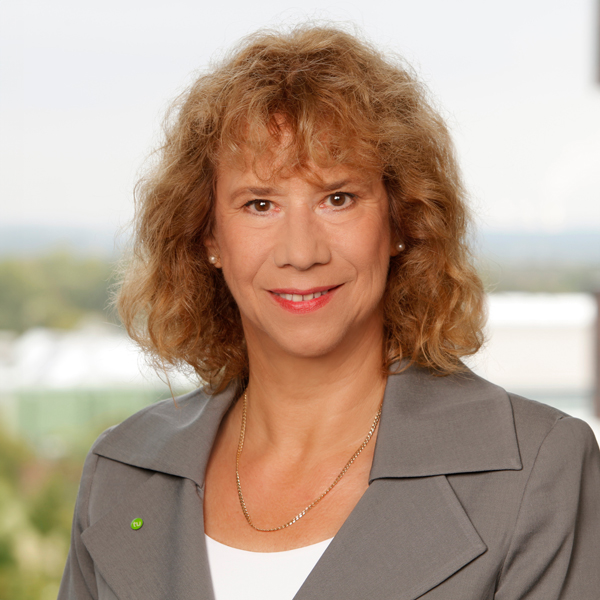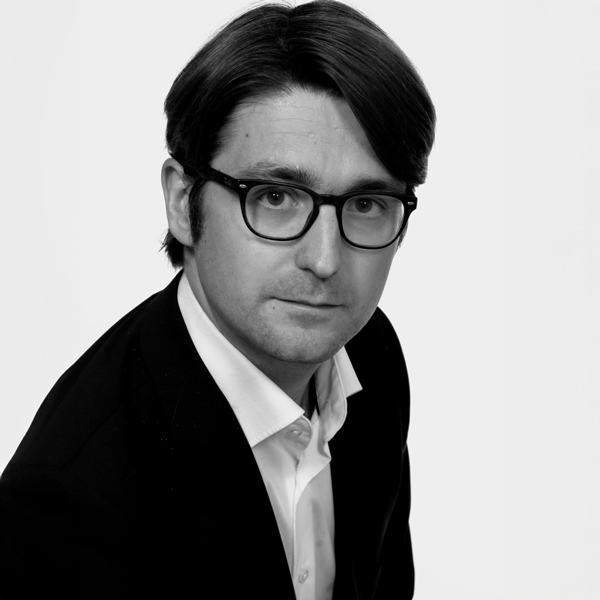AI driven knowledge gain in Physics and Astronomy
Day 2 | 11:30 – 12:00 | Workshop Room 3

Dr. Alicia Fattorini (Moderation)
TU Dortmund University

Prof. Dr. Dr. Wolfgang Rhode
Lamarr Institute

Prof. Dr. Katharina Morik
Lamarr Institute

Prof. Dr. Gregor Kasieczka
Universität Hamburg
Abstract
In the rapidly evolving landscape of scientific research, the intersection of Artificial Intelligence (AI) and Physics has emerged as an exciting area of interdisciplinary collaboration. This session will delve into the critical interplay between AI and various branches of particle physics, showcasing how their collaboration is advancing scientific discovery.
Moderated by Dr. Alicia Fattorini, the panel will feature insights from three distinguished researchers: Prof. Katharina Morik, Prof. Wolfgang Rhode, and Prof. Gregor Kasieczka.
Through a series of short impulse talks followed by an in-depth discussion, the panel will address key questions: How do AI and physics complement each other? Have we reached the limits of what can be discovered, or is there more to uncover?
Katharina Morik, a pioneer in machine learning, will offer the perspective of a ML researcher, asserting that machine learning serves not only as a powerful scientific tool but also as a science in its own right. She will highlight the unique appeal of (astro-)particle physics for machine learning, emphasizing how the abundance and complexity of physical data offers diverse learning tasks and valuable testing opportunities for models.
In that context, she will discuss the transformative role of AI in gamma-ray astronomy, demonstrating how AI-driven approaches have paved the way for groundbreaking discoveries.
Wolfgang Rhode, an expert in astroparticle physics, will delve into the indispensable role of machine learning in deciphering the vast and complex data of neutrino astronomy, highlighting recent breakthroughs that were only possible through AI integration.
He will spotlight the high-precision separation of signal and background as well as the retranslation of the technical detector output into quantities in physical units.
Lastly, Gregor Kasieczka, who specializes in high-energy particle physics at the LHC collider, will illustrate how AI supports particle physics in its attempt to answer fundamental questions about the smallest constituents of matter using some of the biggest and most complex scientific machines ever created. His impulse will introduce the scientific environment and focus on two key points: how AI enables new discovery strategies and how a deep understanding of physics enhances the performance of AI algorithms.
This session aims to encourage experts in AI and the natural sciences to collaborate and benefit from the combined knowledge needed to advance research, particularly in areas involving the processing of large amounts of data.
Prof. Dr. Dr. Wolfgang Rhode
Wolfgang Rhode studied physics at the University of Freiburg and completed a further study of philosophy with a doctorate. In 1993, he received his doctorate in physics from the University of Wuppertal. Wolfgang Rhode has both conducted research and taught at the Universities of Wuppertal and Berkeley and has held a professorship for Astroparticle Physics at TU Dortmund University since 2004. In 2022, he was additionally honored as an Honorary Professor by the Ruhr University Bochum. His research group is internationally renowned for their application of data analysis methods, which are implemented in various astrophysical experiments, including the large-scale projects IceCube, CTA, FACT, and MAGIC.
Prof. Dr. Katharina Morik
Katharina Morik received her doctorate from the University of Hamburg in 1981 and her habilitation from the TU Berlin in 1988. In 1991, she established the chair of Artificial Intelligence at the TU Dortmund. She retired in 2023.
She is a pioneer of bringing machine learning and computing architectures together so that machine learning models may be executed or even trained on resource restricted devices. In 2011, she acquired the Collaborative Research Center CRC 876 “Providing Information by Resource-Constrained Data Analysis” consisting of 12 projects and a graduate school. After the longest possible funding period of 12 years, the CRC ended with the publication of 3 books on Resource-Constrained Machine Learning (De Gruyter).
She is a co-founder of the Lamarr Institute for Machine Learning and Artificial Intelligence, which is one of the six German National Centres of Excellence for AI Research.
She has participated in numerous European research projects and has been the coordinator of one. She was a founding member and Program Chair of the conference series IEEE International Conference on Data Mining (ICDM) and is a member of the steering committee of ECML PKDD.
Prof. Morik is a member of the Academy of Technical Sciences and of the North Rhine-Westphalian Academy of Sciences and Arts. She has been awarded Fellow of the German Society of Computer Science GI e.V. in 2019.
Prof. Dr. Gregor Kasieczka
Gregor Kasieczka joined Universität Hamburg in 2017 where he is a professor for machine learning in particle physics. His work focuses on discovering exotic new particles with the CMS experiment and on developing new techniques for data analysis — including anomaly detection, generative machine learning, and foundational models — in fundamental physics. He is an author of the first textbook on machine learning for physicists “Deep Learning For Physics Research”.